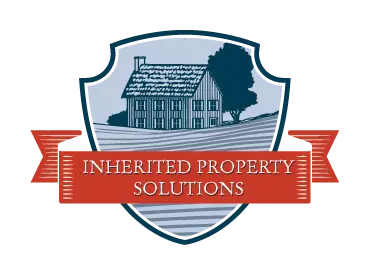Many people are confused about their obligations and options in these cases. First and foremost, the mortgage is still due. Repayment obligation does not terminate with the death of the original owner. Second, to avoid foreclosure or other adverse action, such as collection letters, the mortgage must be current. The lender can still take such measures even if the property is in probate.
To protect your rights as the new owner, and help ensure a smooth transition, here are three steps to take:
Step One: Find the Lender
This step is often much easier said than done, because most mortgage origination companies sell these notes, either right after the sale or sometime down the line. One could look in the documents on file with the county clerk, but there are probably a lot of them and it’s not always easy to put together the pieces of the puzzle, especially if there are any filing errors. Instead, look at the former owner’s bank records and see where the payments went. Then, go to the internet to find contact information for the company.
Step Two: Ascertain the Account Status
To accomplish this step, you’ll probably need to talk to a person, so be ready to sit on hold for a while. The lender will probably want to see certain documents, such as a death certificate and will, before releasing any information about the house or account. Be prepared to fax these documents on request and follow up aggressively.
If the account is current, this step is over. But if the account is delinquent, some work remains. If you can catch up in a few months and the lender is willing to work with you, an informal agreement may be sufficient. Be sure you get this agreement in writing. In the event of a more serious delinquency, you have some options:
Short Sale
he bank may agree for the owner to sell the property at less than fair market value and write off the loss if it means that a new owner, who can make the monthly payments, will be in the house ASAP.
Deed in Lieu of Foreclosure (DIL)
If the bank does not agree to a short sale that a real estate agent arranges, the bank may agree to a voluntary foreclosure. A DIL looks better on a credit report than a straight foreclosure.
Cash for Keys
If all else fails, the bank will usually pay the foreclosed owner a little money to clean and secure the property.
Refinancing, as outlined in the next step, may be an option as well.
Step Three: Consider Refinancing
If your credit is good, the house has a positive loan-to-value ratio (i.e. it’s not underwater), and the house passes inspection, refinancing may be a possibility. Such a move often results in lower installment payments and maybe even a little extra cash.
If you need more help in this area, contact us today. We offer many different types of solutions to help families in these types of situations.





